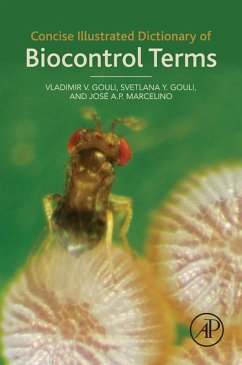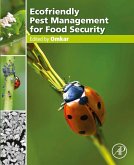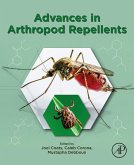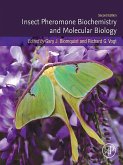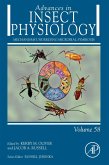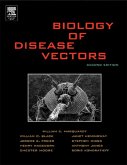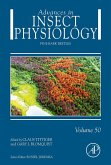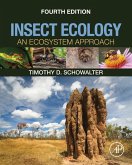The biological control of pests using living organisms, or products from their activities, is an independent branch of science based on multiple disciplines including general biology, zoology, entomology, phytopathology, microbiology and others. As a result, the field of biological control has its own specific terminology that needs to be understood and applied correctly across this variety of disciplines, including among those approaching the field from a different area of expertise and who may have difficulty understanding the terms used by experts in the field.
This compact illustrated guide will appeal to the scientific community working in integrated pest management disciplines, as well as those researching, studying, and working with interest in protecting natural resources at a global, local, and individual level, in a variety of locations including the lab, garden, field, or forest.
- Enables understanding of the terminology used in biological control for professionals, researchers and students in a variety of scientific fields
- Features clear images and photographs to help identify insects and pathogens
- Ideal for in situ use in both the lab and field pest management protocols
Dieser Download kann aus rechtlichen Gründen nur mit Rechnungsadresse in A, B, BG, CY, CZ, D, DK, EW, E, FIN, F, GR, HR, H, IRL, I, LT, L, LR, M, NL, PL, P, R, S, SLO, SK ausgeliefert werden.

